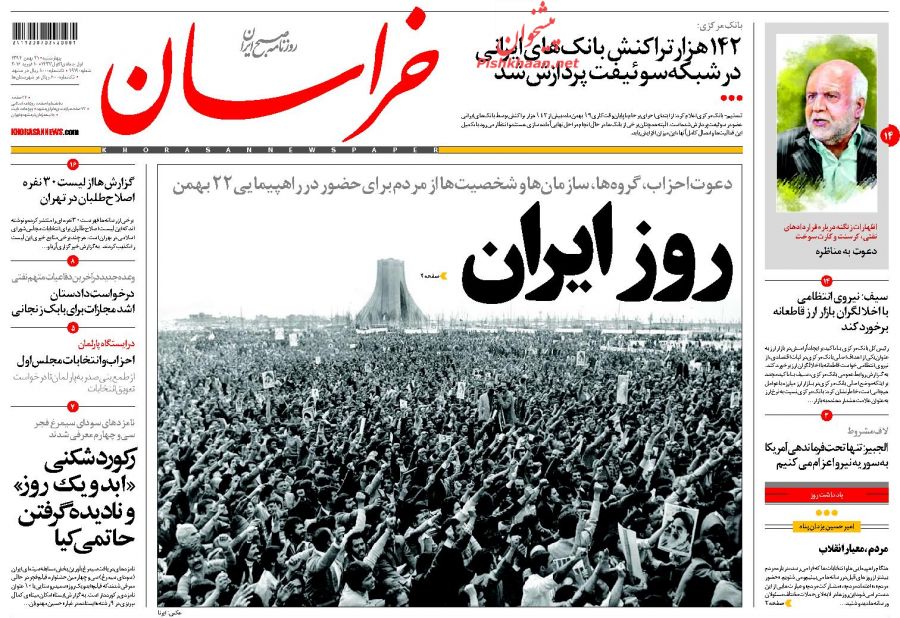New York police have covertly tracked cell phones, group says
Reuters: New York City’s police have made extensive use of covert devices to track cell phones without obtaining warrants since 2008, a civil liberties group said on Thursday, revealing how frequently law enforcement in the largest U.S. city has employed the technology.
The New York Civil Liberties Union released files that showed the New York Police Department used “cell site simulators” to track nearby cell phones more than a 1,000 times over the past eight years.
The American Civil Liberties Union has identified 60 local, state and federal agencies that have adopted the devices in recent years, but the group has said there are likely far more. The extent of the devices has largely been shrouded in secrecy, as departments and private manufacturers such as Harris Corp have refused to disclose information about their use.
U.S. Representative Jason Chaffetz of Utah, a Republican, has introduced a bill to require warrants for the use of cell site simulators.
The documents released on Thursday were obtained by the NYCLU through a Freedom of Information Law request.
The NYPD does not have a written policy on using the surveillance devices and does not obtain warrants when doing so, according to the NYCLU.
Instead, the department seeks “pen register” orders, which have been used for decades to gather information on specific phone numbers. The orders are issued by judges but require a lower standard than the probable cause needed for warrants.
The NYPD’s practice is less stringent than the one adopted last year by the U.S. Department of Justice, which calls for warrants except in emergency situations.
“We still have concerns that this military equipment is being used in a civilian context,” said Mariko Hirose, an NYCLU attorney. “At the very least, they should be using warrants and with a strict privacy policy that is written.”
The NYPD did not immediately respond to a request for comment.
The devices mimic cell towers and intercept signals from nearby phones to gather information. That data can include locations of calls, numbers that are called or texted and even the content of communications, the NYCLU said.
The simulators can also sweep up information from nearby “bystander” phones.
The documents do not indicate what data police collected. The simulators were used to investigate a wide range of crimes, including murder, rape and drug trafficking.
No New York court has yet tackled the question of whether the warrantless use of such devices is constitutional, Hirose said.
She said the NYCLU could have difficulty establishing the legal standing to bring such a challenge, which would probably have to come from a criminal defendant specifically targeted by a simulator.
Yikes, there is more:
Intercept: The NYPD has used cell-site simulators, commonly known as Stingrays, more than 1,000 times since 2008, according to documents turned over to the New York Civil Liberties Union. The documents represent the first time the department has acknowledged using the devices.
The NYPD also disclosed that it does not get a warrant before using a Stingray, which sweeps up massive amounts of data. Instead, the police obtain a “pen register order” from a court, more typically used to collect call data for a specific phone. Those orders do not require the police to establish probable cause. Additionally, the NYPD has no written policy guidelines on the use of Stingrays.
Stingrays work by imitating cellphone towers. They force all nearby phones to connect to them, revealing the owners’ locations. That means they collect data on potentially hundreds of people. They are small enough to fit in a suitcase, or be mounted on a plane.
When they were originally developed in 2003, Stingrays were designed for military use. But in the past decade, they have increasingly been purchased by law enforcement agencies. According to the ACLU, Stingrays are used by at least 59 police departments in 23 states, and at least 13 federal agencies, including the DEA, FBI, and the IRS. Because most departments withhold information about Stingrays, these numbers likely underrepresent the total.
In December, The Intercept published a secret U.S. government catalogue of cellphone surveillance technology, including Stingrays and “dirt-boxes.” The advertisements boast that many of the items can spy on “up to 10,000 targets.”
Stingrays have long been a topic of concern for privacy activists. “Cell-site simulators are powerful surveillance devices that can track people, including in their homes, and collect information on innocent bystanders,” said Mariko Hirose, a senior staff attorney at the NYCLU. “If they are going to be used in communities the police should at minimum obtain a warrant and follow written policies.”
Instead, law enforcement agencies have fought to keep Stingrays secret, even dropping criminal cases to avoid disclosing anything about them. The FBI has forced local police agencies to sign Stingray-related non-disclosure agreements, claiming that criminals and terrorists who know about Stingrays could take countermeasures against them.
The increasing use of Stingrays, coupled with the lack of transparency, has alarmed civil liberties groups. “I think it’s critical to have transparency about the use of technology like Stingrays,” said Faiza Patel, an attorney with the Brennan Center for Justice. “That’s what allows courts, the public, and our elected officials to weigh in on the proper rules.”
In September, the Department of Justice issued guidelines requiring its officers to seek probable cause warrants before using a Stingray. But the guidelines only applied to federal law enforcement agencies, not to state and local police, who have fought such a change. In one ongoing court case, the state of Maryland has argued that anyone who turns on their phone consents to having his or her location tracked.
In November, Senator Ron Wyden, D-Ore., and Rep. Jason Chaffetz, R-Utah, introduced the GPS Act, a bill that would extend the Department of Justice’s guidelines to all law enforcement agencies. “Buying a smartphone shouldn’t be interpreted as giving the government a free pass to track your movements,” Wyden said.
See the government catalogue here:
Top photo: “nypd” by Nick Allen, used under CC BY 2.0/ cropped and color corrected from original.
Contact the author:




